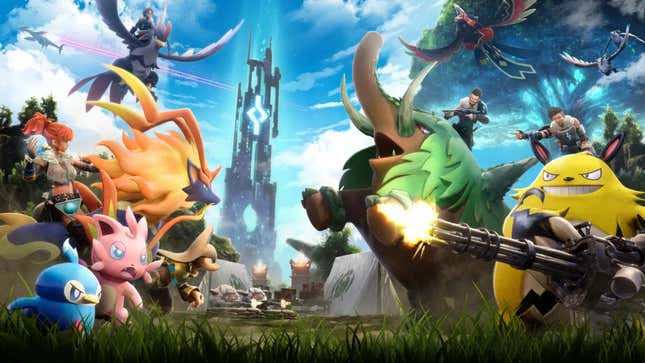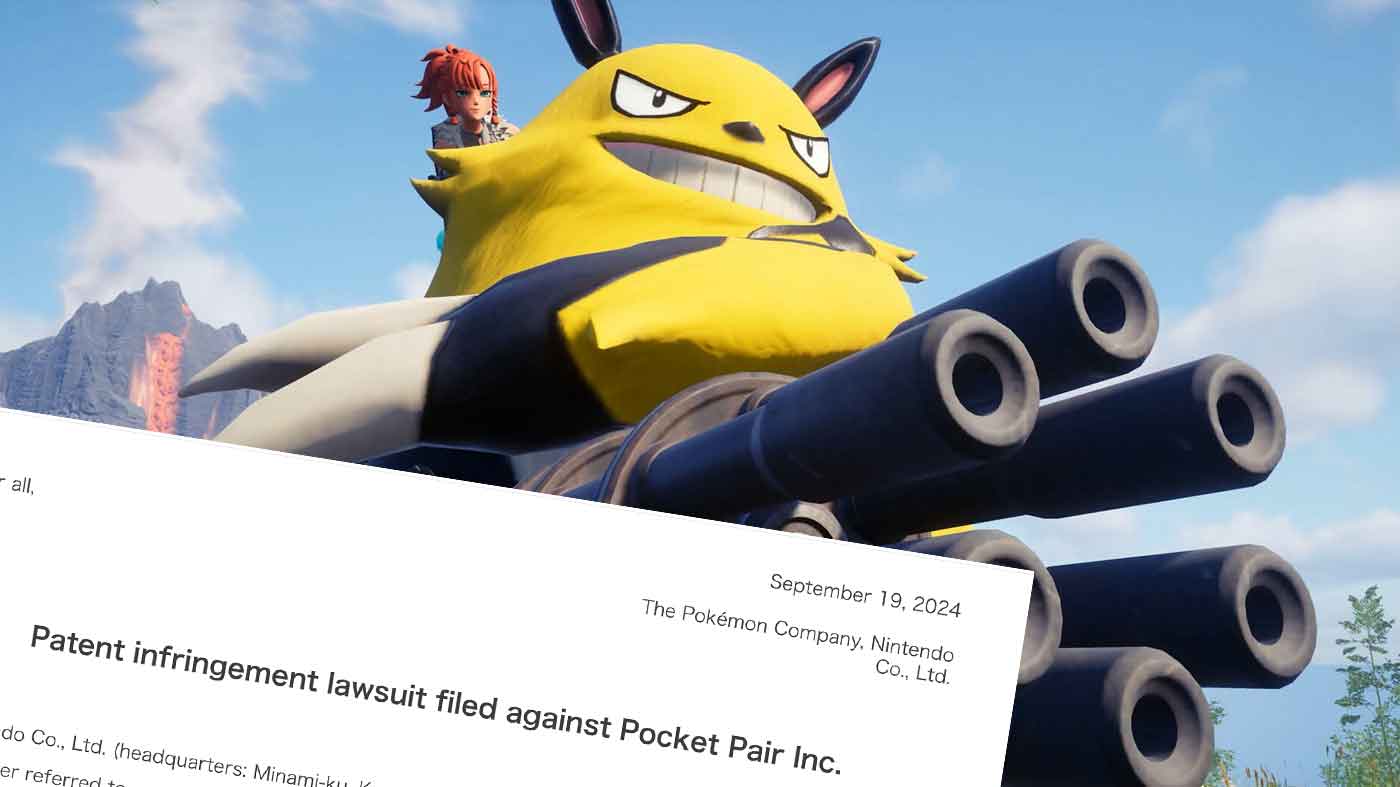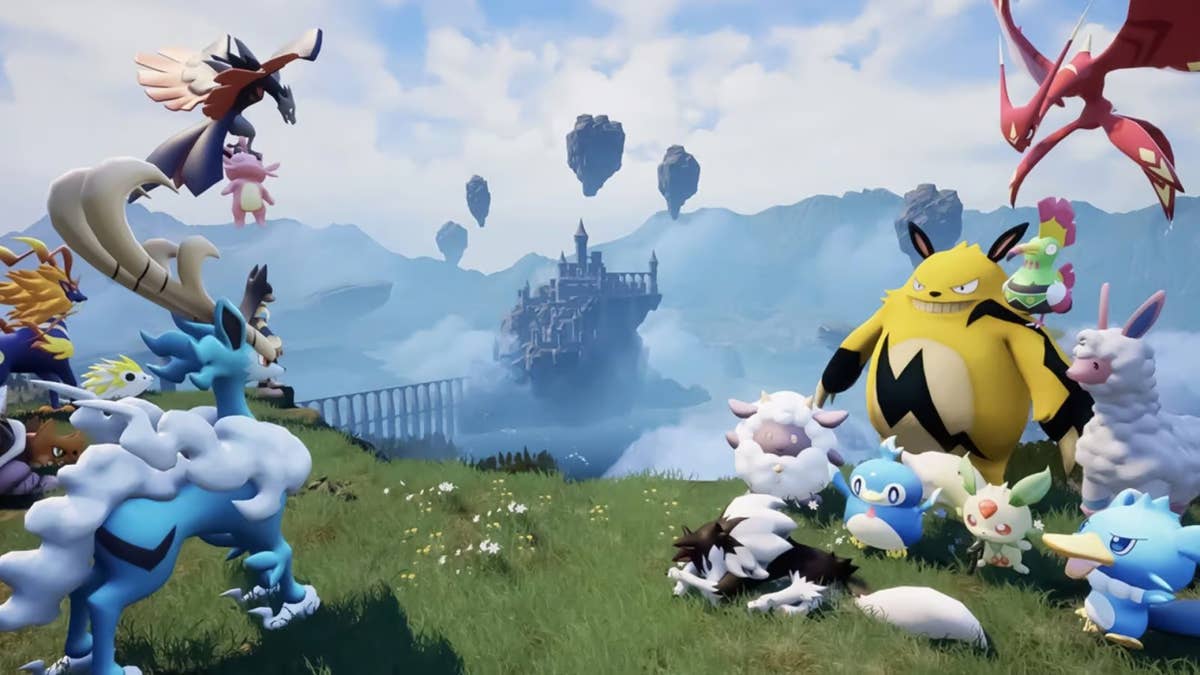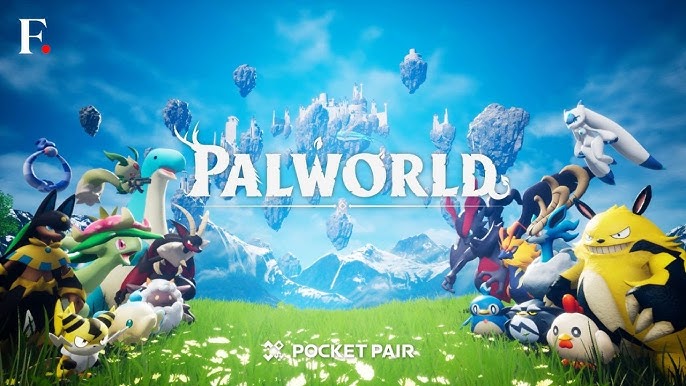Nintendo Suing Palworld Over Pokemon Like Game

Nintendo and The Pokémon Company are suing the makers of Palworld, a new game that’s like “Pokémon with guns.” They think Palworld copies too much from Pokémon, so they’re suing in court.
Background on Palworld
Palworld, developed by the Japanese company Pocketpair, is a survival-strategy game that has been described by many players as “Pokémon with guns.”. The game features creatures called “Pals” that players can catch, train, and use in battles, much like Pokémon. However, Palworld adds a unique twist by incorporating elements of combat and survival, including the use of firearms1.
The Lawsuit
Nintendo and The Pokémon Company filed the lawsuit in the Tokyo District Court on September 18, 2024. The lawsuit alleges that Palworld infringes on multiple patents related to the Pokémon franchise. Specifically, the lawsuit claims that Palworld’s mechanics, character designs, and overall concept are too similar to those of Pokémon, thus violating Nintendo’s intellectual property rights12.

Key Points of the Lawsuit
- Patent Infringement: The lawsuit seeks an injunction to stop the alleged infringement and demands compensation for damages. Nintendo and The Pokémon Company argue that Palworld’s use of mechanics such as capturing creatures with a “Palsphere” (similar to a Pokéball) and the design of certain characters closely resemble those in the Pokémon series12.
- Response from Pocketpair: . The company has expressed its intention to investigate the claims and proceed with the appropriate legal actions12.
Community Reaction
The gaming community has had mixed reactions to the lawsuit. Some players believe that Palworld’s unique elements differentiate it enough from Pokémon, while others see the similarities as too close for comfort. The term “Pokémon with guns” has been widely used to describe Palworld. Also highlighting the game’s distinct yet familiar feel1.

Implications for Indie Developers
This lawsuit raises important questions about the boundaries of inspiration and imitation in game development. Indie developers often draw inspiration from popular games, but this case underscores the potential legal risks involved. The outcome of this lawsuit could set a precedent for how intellectual property rights are enforced in the gaming industry12.
What’s Next?
As the legal proceedings unfold, both Nintendo and Pocketpair will present their arguments in court. The case will likely involve detailed examinations of game mechanics, character designs. And other elements to determine whether Palworld indeed infringes on Pokémon’s patents. Gamers and industry professionals alike will be watching closely to see how this case develops. And what it means for the future of game development.


